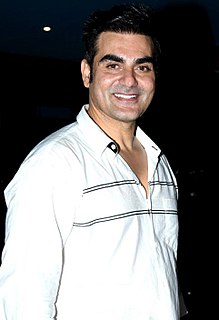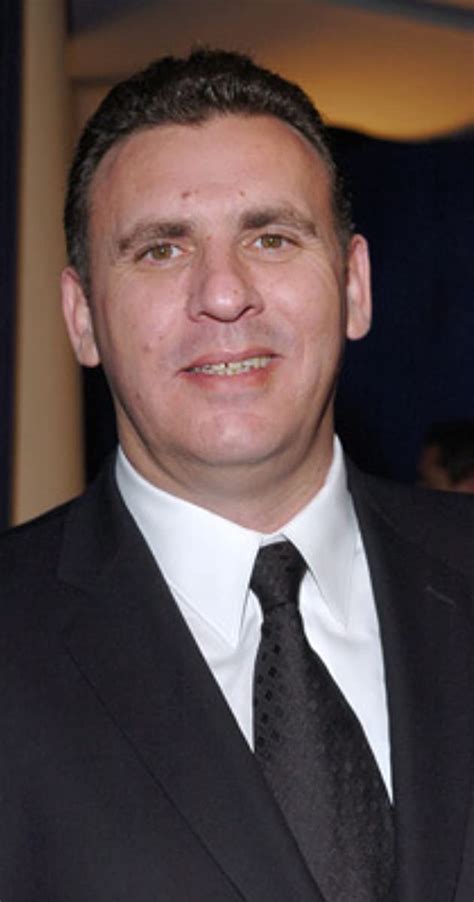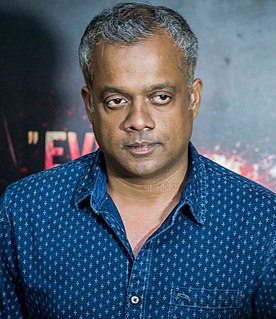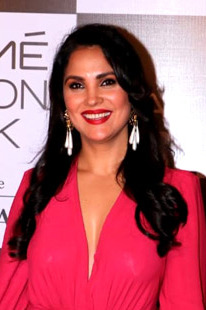A Quote by Arbaaz Khan
I know 'Dabangg' has some pre-requisites. Every film has some requisites that you have to fulfill. I sat down with my writer and discussed what as an audience I want to see in the second part of the film. We worked towards that and we hope what we thought connects with the audience.
Related Quotes
As a filmmaker, I believe in trying to make movies that invite the audience to be part of the film; in other words, there are some films where I'm just a spectator and am simply observing from the front seat. What I try to do is draw the audience into the film and have them participate in what's happening onscreen.
It's very important that a film that intends to play tricks on the audience... has to play fair with the audience. For me, any time you're going to have a reveal in the film, it's essential that it have been shown to the audience as much as possible. What that means is that some people are going to figure it out very early on. Other people not til the end. Everybody watches the film differently.
For me, as a film goer, I like nothing more than to sit in the cinema, have the lights go down and not know what I'm about to see or unfold on-screen. Every time we go to make a film, we do everything we can to try to systematise things so we're able to make the film in private, so that when it's finished it's up to the audience to make of it what they will.
The first thing I say when people ask what's the difference [between doing TV and film], is that film has an ending and TV doesn't. When I write a film, all I think about is where the thing ends and how to get the audience there. And in television, it can't end. You need the audience to return the next week. It kind of shifts the drive of the story. But I find that more as a writer than as a director.
There are some actors that are great stars and storytellers, but not necessarily good actors. I'm talking about some - not all - of the people you see in action flms or blockbusters. They're film stars, though not necessarily great actors. And there are those who are great actors, but not necessarily big film stars. Jim Sturgess is both. He's quite obviously a star, the audience likes him, he's a great storyteller and he turned out to be one of the greatest actors I've worked with as well.
I think the biggest challenge was being aware of a certain audience that was going to see this film [lone survivor]. There's a big difference from a typical movie, journalists and critics and film goers that go see it find that, that's the general experience you have as a filmmaker. So that just kind of proves my point that there's a really different audience.

































